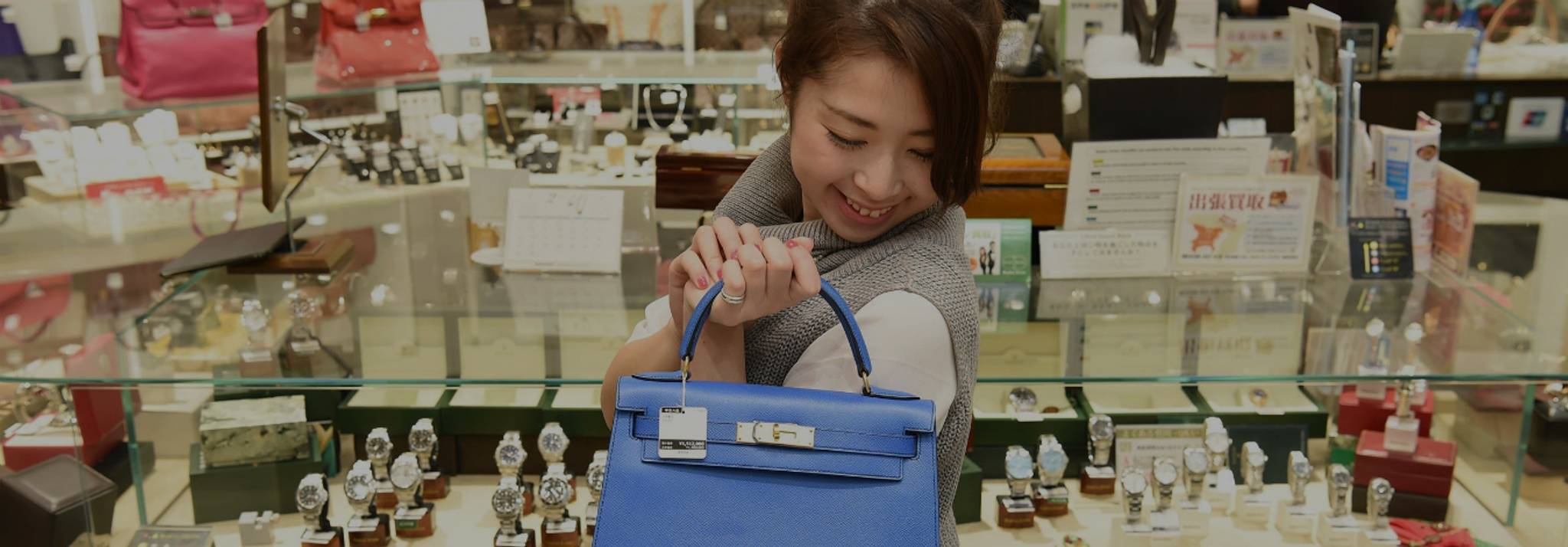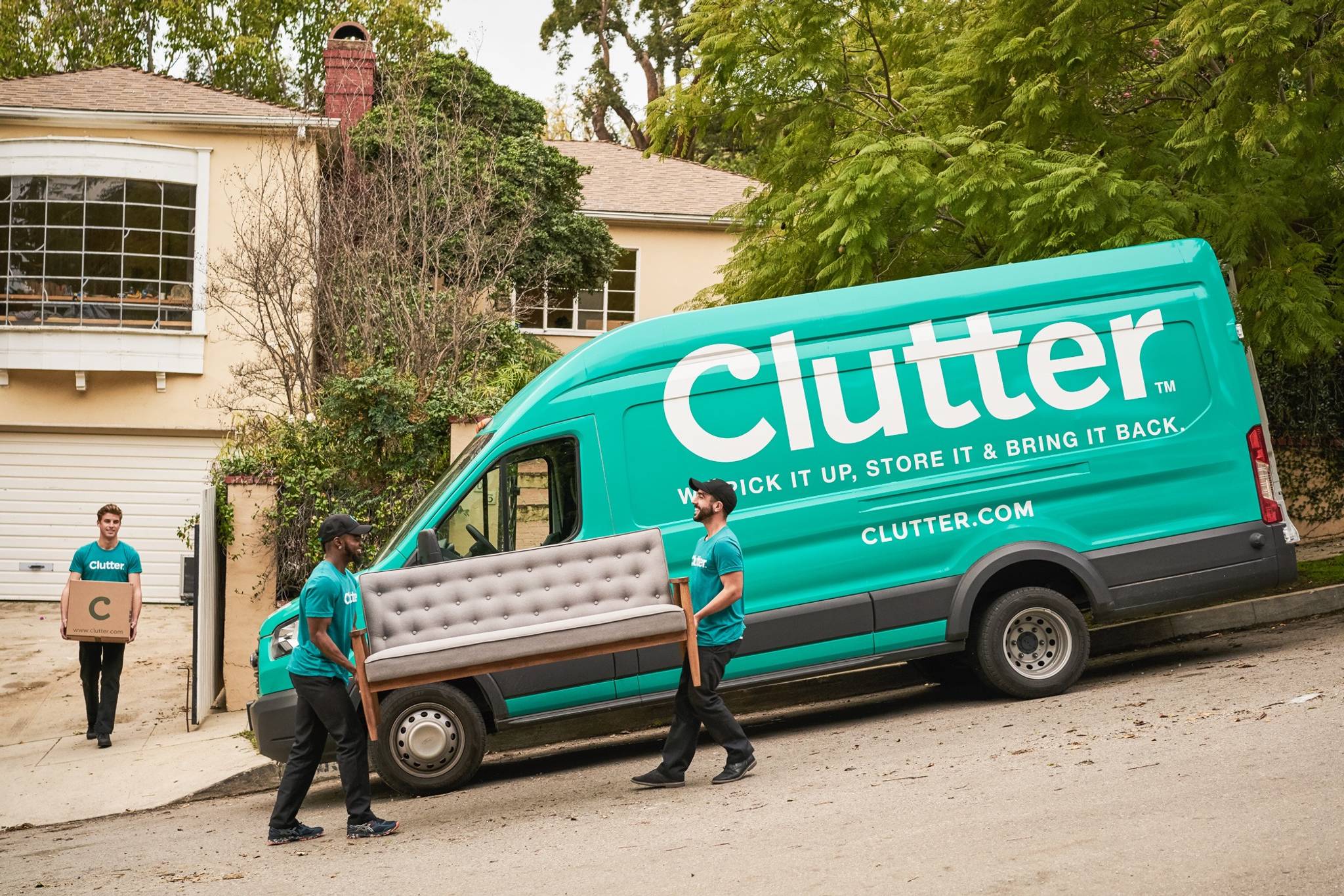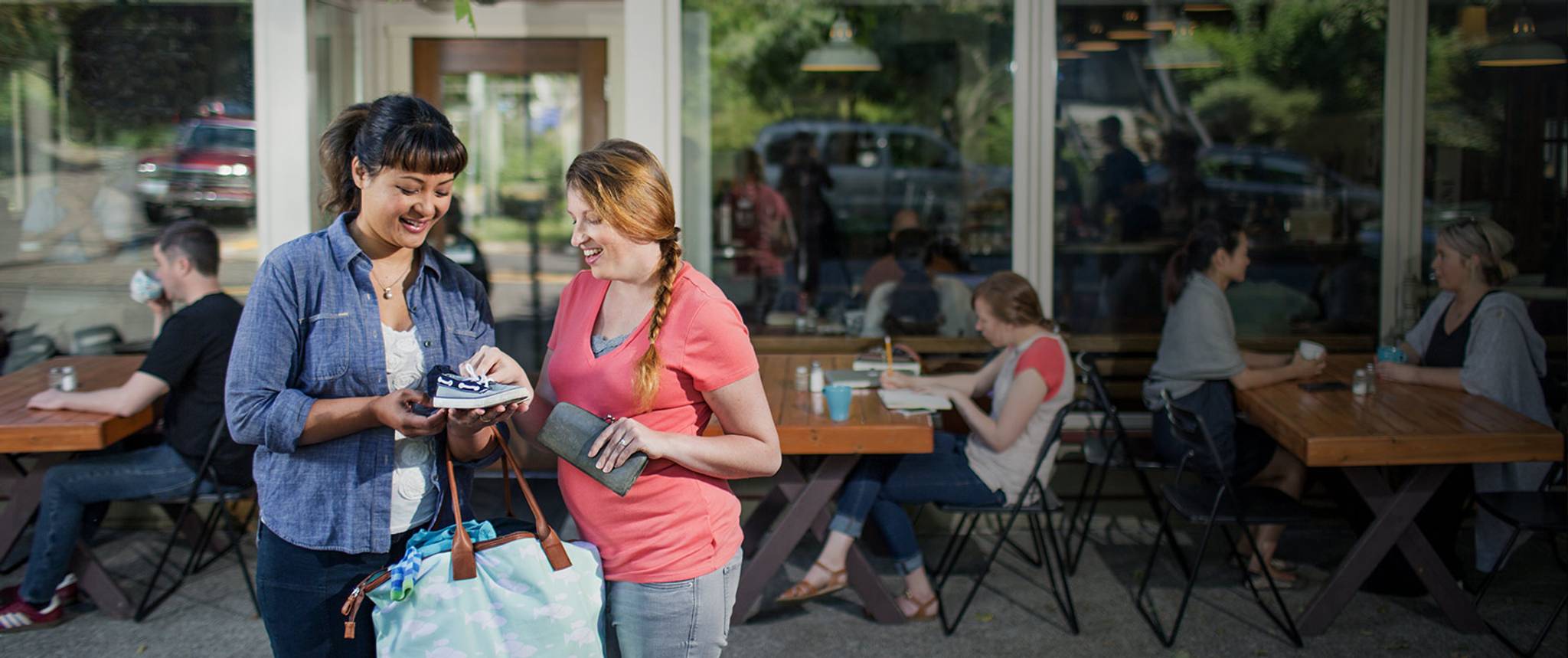
Anyone with a bag of clothes waiting to be taken to a charity shop knows that actually getting rid of unwanted, used goods is easier said than done. Japanese pawn shop app Cash takes the friction out of the process by paying people for their goods before they have even been seen. We explore the insights behind why paying out immediately is appealing to people who are both time-poor and strapped for cash.
Cash is a Japanese pawn shop app that pays out for second-hand items immediately, before they have actually been received or seen. Sellers simply take a photo of their used goods, choose from a list of around 7,000 specific items, and then receive a non-negotiable offer based on data from other marketplaces. Cash then pays out immediately and goes on to re-sell the items. The system is based on trust, with nine out of ten sellers holding up their end of the deal and sending the items through.
On launch, the app almost proved too popular; it had to temporarily suspend operations after the total items uploaded in the first 16 hours added to up to a value of ¥3.6 billion (£23 million). To counter this, Cash implemented a more limited roster of items that it would deal with, and it has since been bought by Japanese e-commerce giant DMM for ¥7 billion.
According to the Reuse Business Journal, second-hand sales in Japan are worth ¥1.6 trillion, with three-quarters of smartphone owners using peer-to-peer re-sale app Mercari. What sets Cash apart from standard re-selling platforms is its immediacy, which appeals to those in need of some fast cash but who might be unable to make it their local pawn shop. Other brands are tapping into people's expectations for convenience and speed, which is why US storage company Clutter launched an on-demand service to cater to the 33% of Americans who want more space in their homes.
Katy Young is a behavioural analyst at Canvas8, which specialises in behavioural insights and consumer research. She has a degree in American Studies and Film, and a Master’s in Journalism. Her interests include wild swimming, thinking of podcast ideas, and singing in an all-female choir.



